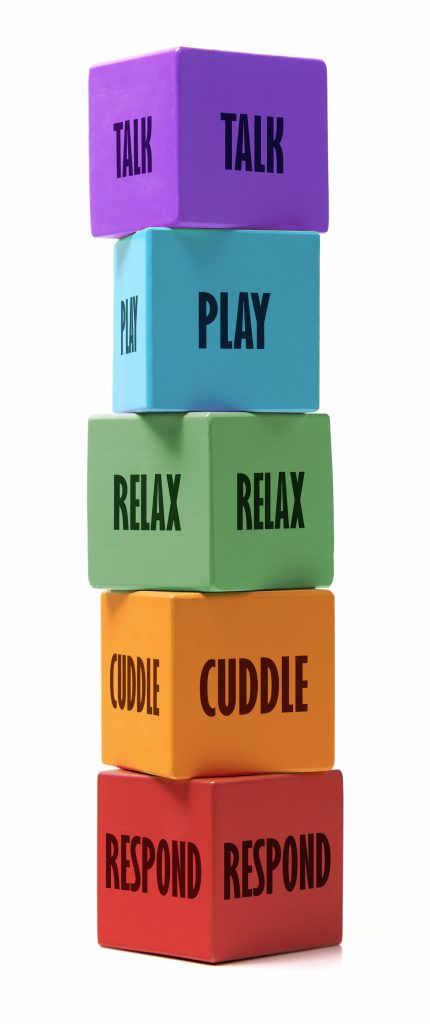Pre-school
As your child grows up, they become more inquisitive and want to learn as much as they can. You can nurture this instinct and build their brains in the following ways:
Talk: At the preschool phase encouraging your child speech is essential to school readiness. This can be done asking your child to read a book with you, sing a nursery rhyme or playing games where vocalisation is needed such as eye spy. Your local library sessions such as rhyme time are perfect to improve speech and language. Daily reading activities are posted here on the Solihull Libraries page. There are some excellent links for helping with speech, language and home learning here.
For specialist Speech and Language support in addition to things you can do at home with your child visit our Speech and Language website here.
Play: At the age of preschool getting about is no problem. This brings about opportunities to play games involving all types of movements. At this age it is essential that their area of play is safe and secure. Ideas for play could include football with a soft ball, dance, hide and seek and eye spy with my little eye. More energetic activities can also be played like dance or hide and seek. Along with nursery settings, leisure centre activities for pre-schoolers are perfectly suited to this stage of their development.
Relax: Relaxing with your child helps form a strong bond, there are many ways to help you and your child relax including reading a book, cuddling and watching a film.
Cuddle: Cuddling your child helps create a secure attachment and promotes bonding and positive interactions. There are times you can build cuddling in to your child’s daily routine such a as hug before bedtime or before they go into nursery or to another care giver. The most important thing to remember is the act of cuddling brings you closer together.
Respond: Accessing and responding to your child’s needs is an essential part of everyday parenting. When your child’s talks to you or points to something you can respond by talking back and assessing what they need (sometimes called ‘serve and return’). If you child cries they will want your attention- the important thing is you respond in a positive manner which will promote a secure parent/care giver- child attachment. This will then lead to healthy development throughout the life course.
Why not get it touch with our Health Visiting team? Or even just browse lots of valuable information they have provided via our Health for Under Five’s Website at: Health for Under 5s | For healthy, happy early years
